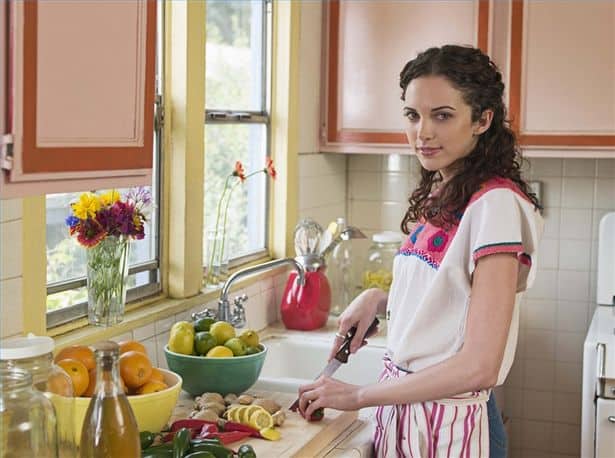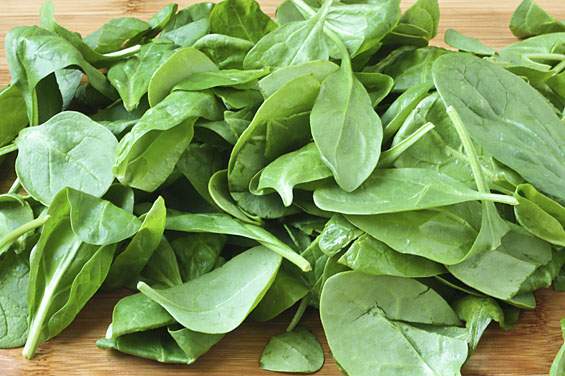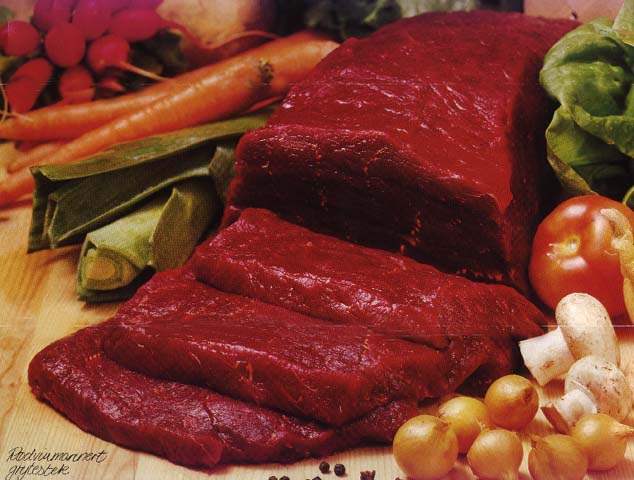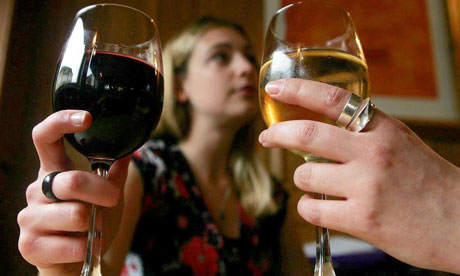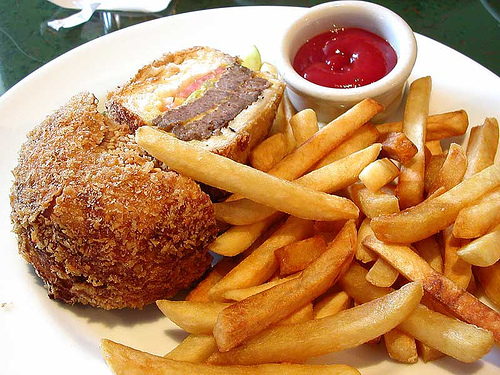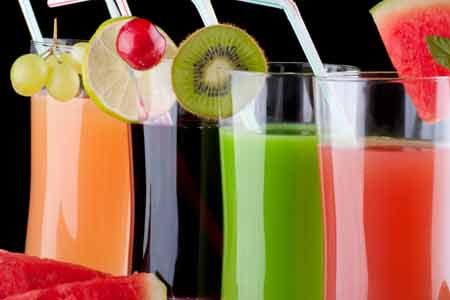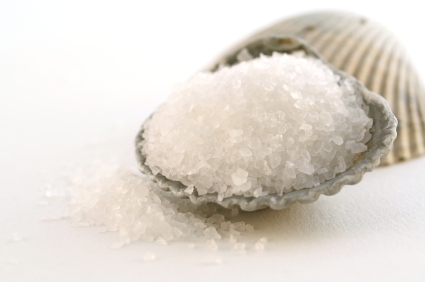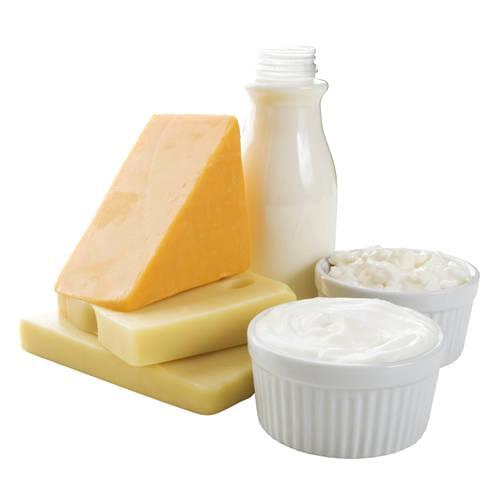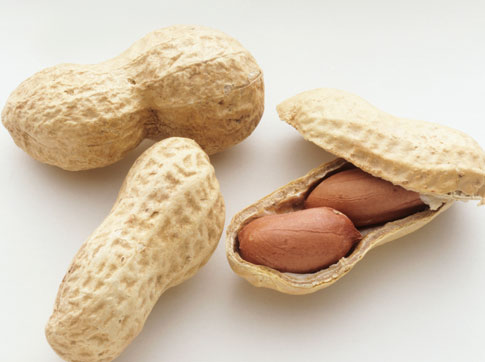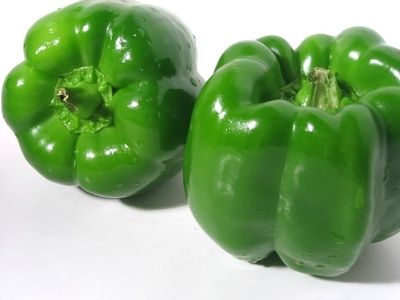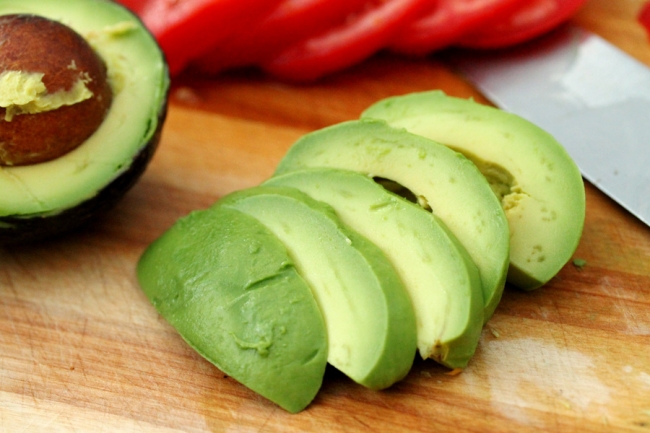Renal stones are deposits of acidic salts and minerals that are present in the kidneys. Urine that is concentrated, tends to crystallize the minerals forming stones. These stones are usually small and pass off in the urine, but sometimes larger stones are formed in some people making it extremely painful. Doctors usually recommend certain foods to be avoided to prevent stone formation. For instance spinach, processed foods, tinned soups, stock cubes, red meat, mussel, peanuts, tea and coffee and many other foods tend to form kidney stones. Kidney stones are of various types, forming from different constituents of food. Food regimes become too generic and no single diet measure can cover all the causes. For instance more than ethnicity, it could be dehydration that causes kidney stones in more people in the southeastern part of US than elsewhere. Obese and overweight people are also more prone to kidney stones than others. The patient has to work with the doctor to make a customized diet regime.
Spinach
Spinach is generally not included in the diet of those who have kidney stones because foods that contain oxalates combine with calcium and form calcium oxalate stones. Spinach contains oxalates, so is best to be avoided. Although, there are many other foods that are high in oxalates like soy products, tea, fruit cake and instant coffee, etc., eight specific foods that contain oxalates like spinach, rhubarb, strawberries, wheat bran, nuts, beets, chocolate and tea increase the risk of developing kidney stones. Calcium and oxalate play a role in forming stones but are not the only factors. While dietary oxalates are found in many vegetables, fruits and nuts, oxalates can form from the body itself. Calcium can be used from the bones themselves. The physician might recommend a slight increase in the intake of calcium as much of it is retrieved from the bones.
Sugars
Sugar seems to increase the formation of calcium stones in the kidneys. Though naturally, sweet foods do not cause a problem, sweeteners and processed foods like chocolates containing sugar must be avoided. Sugar stimulates the production of insulin that increases calcium in the urine. Drinking more water is helpful for flushing out any excesses and to dilute the concentration of urine. Ginger ale and lemon juice can be taken. Limit coffee and tea to one or two cups a day, because caffeine makes the body loose fluids too quickly.
Meat
Meat has consistently been linked to kidney stones. Protein increases the production of uric acid. Meat protein has more chances to produce uric acid than vegetable protein because the sulphur content is more in meat. Though the exact working of the chemistry is not known, meat does trigger stone formation. So keep the intake to about a few ounces of meat per day and avoid red meat. People with struvite stones who need to cut their phosphate levels in their food, should cut down on meat proteins. Food related to plants are high in fiber content. Insoluble fiber found in wheat, rye, barley and rice have fiber that absorbs calcium from the intestines so that it is not passed on to the kidneys, that becomes harmful for patients prone to kidney stones.
Alcohol
Foods and beverages like alcohol, cola drinks, sardines, anchovies and organ meat like liver, kidney, etc. should be avoided as they contain prurines. A high intake of prurine rich foods can increase the formation of uric acid stones. Take the physician’s recommendation for diet restrictions. Kidney stone is a generic term. Whether the stone is formed from uric acid, calcium oxalate or calcium phosphate is different for different people. Alcohol causes irritation to the kidneys increasing the uric acid content in urine. For kidney stone patients, it is important to keep the urine not too acidic or too alkaline. Wine may protect against kidney stones, but beer and binge drinking may increase the risk of stone formation.
Fatty foods
Foods that have a high fat content like deep fried meats and snacks are harmful in specific cases of kidney stones. Patients with short bowel syndrome should stick to low fat foods. If patients with short bowel syndrome eat too much fat, calcium tends to bind with the unabsorbed fats and increases the level of oxalate. This can lead to the formation of oxalate stones. Omega 3 fatty acids do not prevent kidney stones. These fatty acids found in fish like salmon, mackerel and albacore tuna have many nutritional benefits, but do not prevent kidney stones. This aspect has been studied in 200000 adults and proven true. Research has shown a remarkable success with a daily dose of vitamin B6 preferably with other B complex vitamins for several months, for a cure.
Fruit juices
Juices have a positive or negative effect depending on the type of stone formation. For instance, fruit juices like cranberry or apple contain oxalates and both are high risk factors for both calcium oxalates and uric acid stones. If the stones are struvite or brushite, then cranberry juice can prevent the stone formation. But these stones are very rare. Soft drinks containing phosphoric acid like cola drinks severely reduce citrate levels and must be avoided. Lemon juice increases citrate levels in the urine and is beneficial while orange juice raises oxalate levels and should not be taken. Similarly, grapefruit has been found to be a risk for kidney stones.
Salt
Common salt contains sodium which increases the formation of calcium oxalate stones in the kidneys. Consuming foods with high salt content is risky because it increases the amount of calcium in the urine. Sodium may also cause the formation of urates, the crystalline substance that can increase the risk of recurrent calcium oxalate stones. So, a low salt diet is highly beneficial. Some foods that are high in sodium content should be avoided. For instance hot dogs, luncheon meats, processed and frozen foods, canned soups and vegetables and fast food. Check labels for any hidden sodium content like monosodium glutamate, baking soda and powder, sodium nitrate and sodium alginate. Again drinking a lot of water like, a gallon a day is most important to kidney stone patients.
Dairy products
‘Food for some and poison for others’. This holds true for dairy products. The same milk, cheese and broccoli which are highly recommended as beneficial for some, are positively risky for others. Patients with kidney stone formation have to avoid foods like milk, broccoli or cheese because they are high in calcium. Excess calcium that cannot be absorbed by the body are stored in the kidneys which cannot be easily flushed out. The surplus calcium become hard stones and cause pain as they cannot come out with the urine. Recent studies show that a standard intake of about 1000 mg of calcium a day occurring naturally in dairy foods can be taken but not in the form of calcium supplements. Home made yoghurt contains magnesium which is highly beneficial for prevention of kidney stones.
Peanuts
Peanuts may be recommended for patients with heart disease and type 2 diabetes, but hardly the kind of food that is beneficial for people prone to kidney stones. Peanuts are very high in oxalates as every ounce of peanuts contain 27 mg of oxalates. If your kidney stones are the oxalate type, then steer clear off peanuts. Most seeds and nuts like almonds, pistachios and walnuts are also oxalate rich. A low oxalate diet of about 40 to 50 mg per day is the limit for kidney stone patients. This diet is to prevent the recurrence of stones and not for curing it.
Green peppers
Even among vegetables the oxalate content varies. So, if you have oxalate stones, avoid spinach and sweet potatoes. Grapes, green peppers and grits are medium oxalate foods. Include low oxalate foods like eggs, red and green grapes, yogurt, rice and green peas. They can even eliminate the stones. They don’t have to be avoided altogether, but have to be eaten in small quantities. Red peppers and yellow are the same as the green ones, only the colors are different. Asparagus, celery, beans and brussel sprouts raise the pH and affect the urine. Carrots contain vitamin A and are beneficial for kidney stone patients. It would be a good idea to check the pH of the urine to maintain the balance.
Avocados
Some veggies like avocadoes, corn, dates and potato broth are alkaline forming foods. If the urine is more alkaline, then avoid these foods. Any diet suitable for a kidney stone patient can be prescribed only by the physician because the nature of the kidney stones, obesity, composition of the urine, etc. have to be studied. Calcium intake through foods can be determined only by the gender, age and constitution of the person. Men above 40 years are more at a risk of developing kidney stones, so men need a different diet regime.


